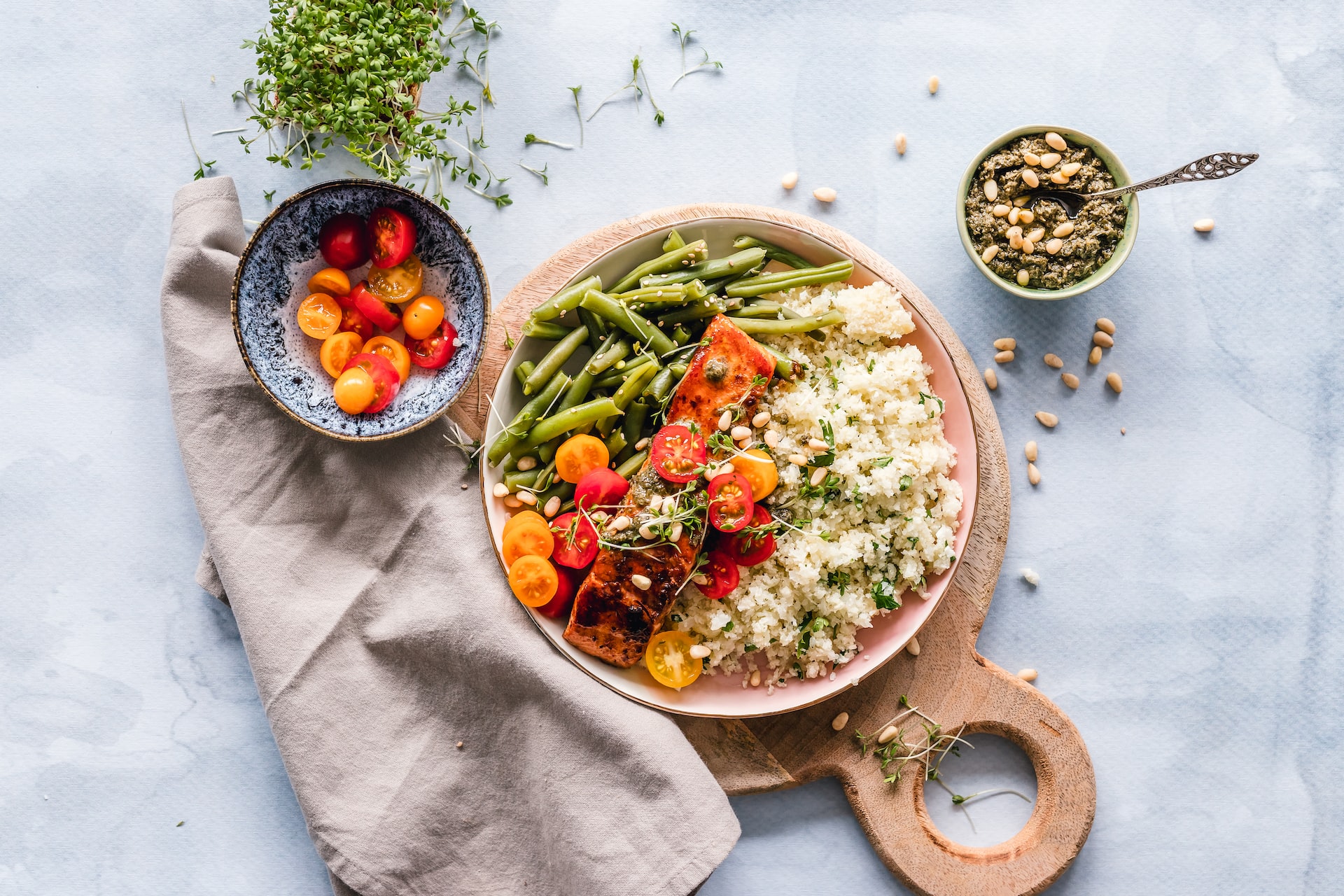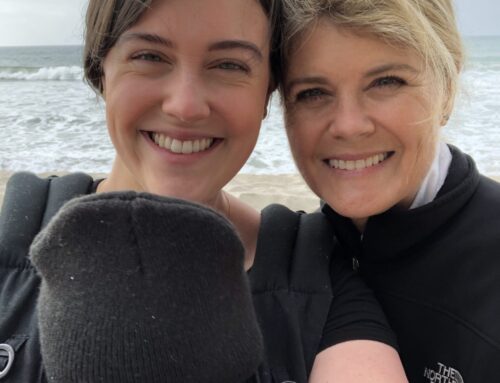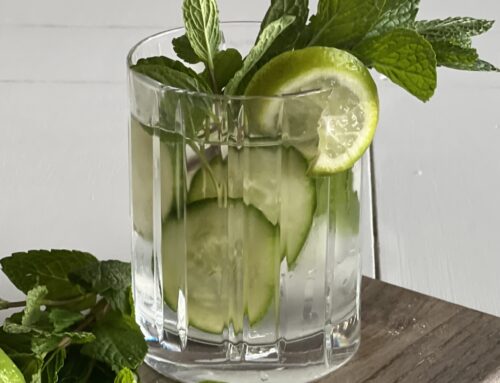When you are looking to support breast health and prevent breast cancer (BC) you are probably not thinking about the food that is frequenting your plate, but nutrition and lifestyle factors such as physical activity can largely influence a person’s modifiable risk factors for developing breast cancer.
The scientific literature also indicates that good nutrition supports the improvement of symptoms and survival rates for those with breast cancer, as well as the reduction of co-morbidities (obesity, high cholesterol, high blood pressure, and diabetes) in BC survivors. One of the most well-studied research conclusions is that alcohol is the most consistent variable with BC onset and overall mortality. Whether it is your nightly glass of wine, a margarita just on Tuesdays, or a Friday night beer; all are consistently associated with an increased BC risk so the best first step towards healthier breasts is by limiting your alcohol consumption.
Red meat, saturated fats, and refined carbohydrates have also been associated with an increased risk of BC. These foods are inflammatory in the body and create stress on the body leading to inflammation. Inflammation can lead to cancer.
So, what should you be putting on your plate to support your breast health may you ask? Some key nutrients may have a protective role by reducing oxidative stress and lowering chronic inflammation such as vitamin C, vitamin E, selenium, fiber, omega 3’s, and polyphenols (antioxidants found in fruits, vegetables, spices, and nuts). That means filling your fridge with:
- Vitamin C-rich foods: Bell peppers (all colors), citrus foods (oranges and grapefruit), strawberries, broccoli, kiwi, Brussel sprouts, cauliflower, cantaloupe, and pineapple.
- Vitamin E rich-foods: Almonds, sunflower seeds, hazelnuts, pine nuts, salmon, avocado, Brazil nuts.
- High fiber foods: pears, berries, apples, artichoke, broccoli, lentils, beans, oats, almonds, chia seeds, and flax.
- Omega-3 rich foods: Salmon, mackerel, oysters, sardines, anchovies, flax, chia, and walnuts.
- Selenium-rich foods: Brazil nuts, salmon, halibut, and oysters.
- Polyphenol-rich foods: Berries (specifically blueberries, blackberries, and currants), herbs and spices (clove, star anise, and peppermint), cacao (chocolate), nuts, olives, coffee, tea, and vegetables (artichoke, red onion, and spinach).
My best advice is to start small and look at these recommendations through the lens of inclusion, not restriction. Add a new food from this list to your grocery cart, mix walnuts and flax to your morning oatmeal, rotate salmon into your menu once a week, and start snacking on almonds and sunflower seeds instead of the office candy dish. All these nutritional changes can happen in slow, steady, but significant steps to support good breast health and wellness overall. Nutrition is a wonderful and proactive way, as is Kvinna’s breast screening, to help women protect their breast health. A perfect pairing for women’s health!
Author,
Karmen Gregg, PhD(c), MS, CN
Certified Nutritionist
SELKIRK Women’s Health Clinic
Citations:
De Cicco, P., Catani, M. V., Gasperi, V., Sibilano, M., Quaglietta, M., & Savini, I. (2019). Nutrition and breast cancer: a literature review on prevention, treatment, and recurrence. Nutrients, 11(7), 1514.





Leave A Comment
You must be logged in to post a comment.